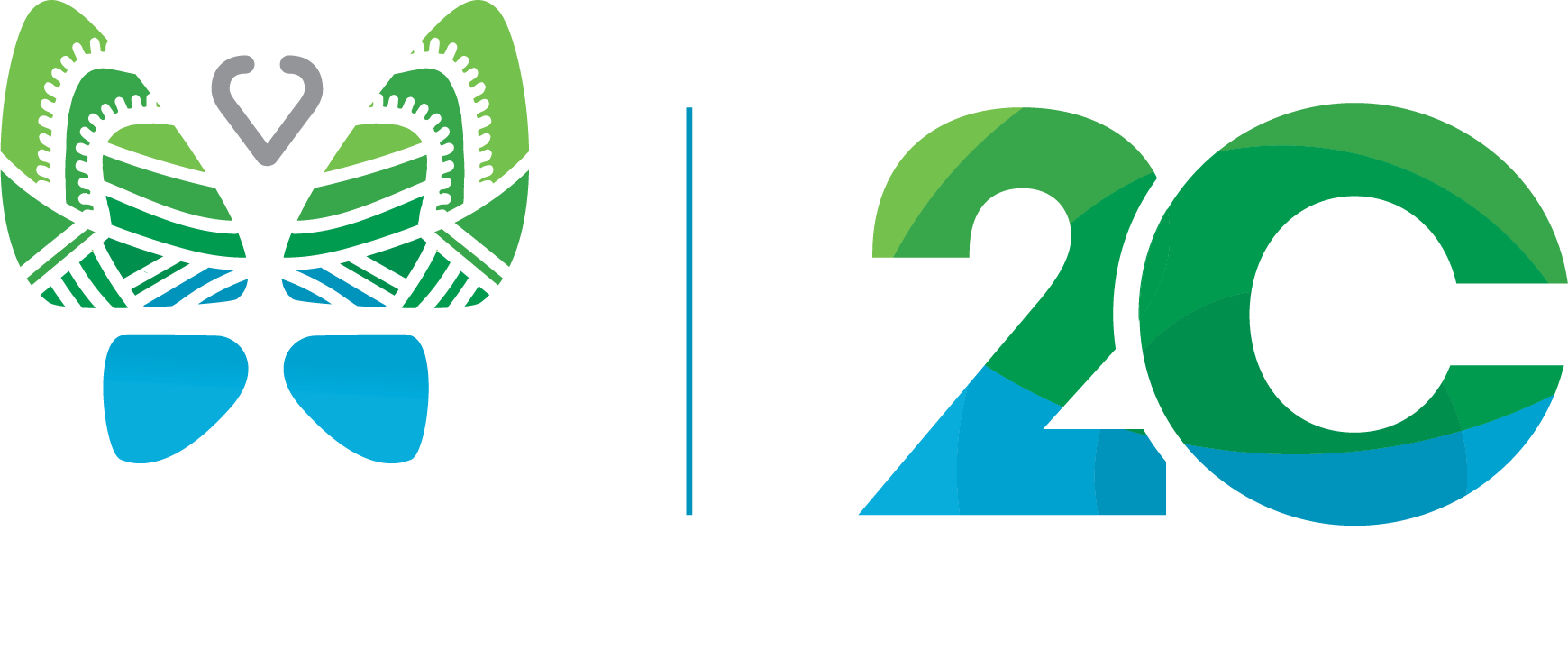Teacher training but not as you know it
Esther is responsible for the training of 240 teachers. Responsible for keeping them upskilled, mentoring them, and working with them to troubleshoot a range of challenges from parent and community involvement in schooling to challenging and expensive infrastructure requirements such as new classrooms or water supplies.
Esther is a Provincial Elementary Trainer from Morobe Province and needs to motivate and support all 240 teachers, some of whom oversee schools where there are no other teachers and the average classroom size exceeds 40 students. Sound tough?
Here’s where it really gets tough:
There is no road access to three quarters of the schools Esther needs to reach. They are remote villages dotted across the coastal region of Morobe Province and include islands that can only be accessed via difficult and expensive boat routes. To do her job, Esther often finds herself walking to these schools (sometimes up to a day’s walk for each school) in order to supervise, support and run workshops for these teachers, some of who are in their first year of teaching.
This journey is often too tough for the curriculum materials and other learning resources to even make it to the schools; but the most committed teacher trainers, like Esther, make it their mission.
After training 3,685 elementary teachers across 14 provinces between 2016 and 2018, KTF, an Australian NGO that has operated in PNG for over a decade is now rolling out its Teach for Tomorrow II project – providing urgently needed training, upskilling and professional development to elementary teachers based across remote and rural PNG. KTF forged strong bonds with 14 Provincial Departments of Education, including Morobe, and works closely with their Elementary Teacher Training units to determine gaps and areas of required support.
Teacher upskilling and in-service is a critical requirement – for the delivery of relevant, evidence-based teaching and learning; but it is most often the remote regions across a geographically vast and isolated nation that miss out.
And what about Esther? When was she last trained? Supported? Nourished with ideas and resources, creativity and understanding to deliver better support and training to her staff?
12 years ago.
Teach for Tomorrow II is about injecting support that is tailored to the needs of individual Provinces through supporting the small teams of dedicated provincial trainers to do what they do so well. KTF has worked with these unsung heroes since 2016 and is inspired by their grit, resourcefulness and determination every day. Trainers who are willing to go where even the curriculum materials don’t get to, the teachers and the classrooms of the most vulnerable staff and students in the system.
In August this year, a group of 12 Provincial Trainers from Morobe will travel to Australia for a professional development exchange program, tailored to the gaps and needs identified by the trainers themselves, such as practical strategies and upskilling for inclusive education. With generous funding from Newcrest Mining Limited, and critical partnerships with Western Sydney University and schools across urban and regional Australia, the exchange will be the next piece of the support puzzle for the teachers of Morobe.
Whilst thereis a need for investment in pre-service teacher training to produce more teachers for PNG, focus must also be given on the appropriate support, upskilling and in-service of the existing cohort of teachers, who uphold PNG’s rural early education system. A holistic and multi-faceted approach to teacher training and upskilling is a core part of KTF’s suite of development activities in PNG and is delivered via its two second-chance education (FODE) Colleges at Balimo and Kokoda, its roll out of Teach for Tomorrow and now investment in Teach for Tomorrow II.
In 2019, KTF will pilot Teach for Tomorrow II in Morobe, Milne Bay, Southern Highlands, Gulf, Central and Hela Provinces and the Autonomous Region of Bougainville. Teach for Tomorrow II is supported by the Australian Government through the Australian NGO Cooperation Program (ANCP).
For more information about Teach for Tomorrow II, please contact us:
